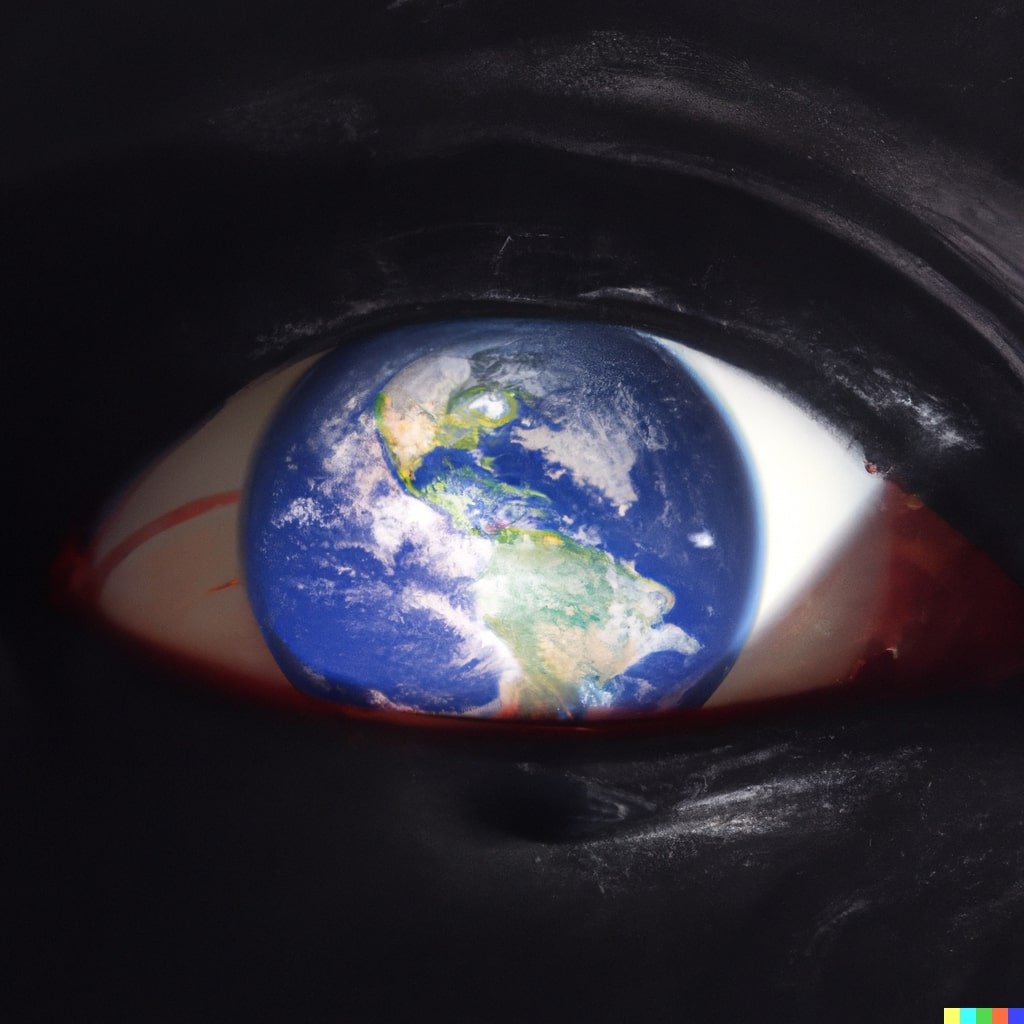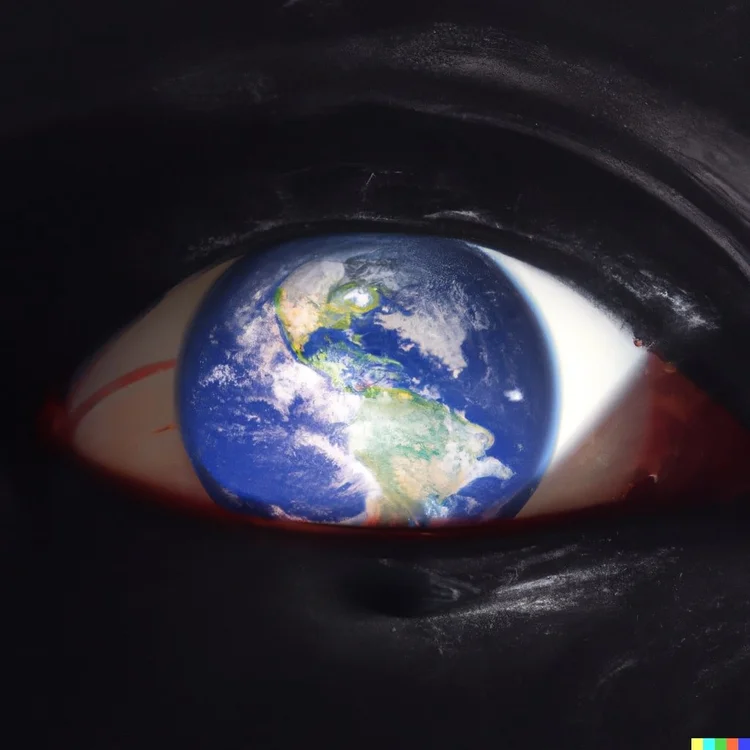Are we in a multiverse orchestrated by a superior race for their viewing pleasure?

The universe is a big place. In fact, it's so big that it's hard to wrap our minds around it. One way to think about the universe is as a giant stage, and we are the actors. The question is, who is the audience? Are we being watched by a superior race that has orchestrated everything for their viewing pleasure? It's an intriguing idea, and it's one that has been proposed by some scientists. There is evidence that our universe might be just one of many parallel universes, and if that's the case, then it's possible that there are other observers out there. Of course, this is all speculative, but it's fun to think about. Who knows, maybe we are the stars of a grand cosmic performance.
What are the precise odds that we are in a multiverse as opposed to a single universe?
There are a variety of theories about the existence of multiple universes, often referred to as the "multiverse." Some scientists believe that our universe is just one of an infinite number of universes, each with its own set of physical laws. Others believe that there may be an infinite number of universes, but that only a finite number of them are habitable. While the precise odds of our universe being just one universe in a multiverse are difficult to calculate, some estimates put the odds at around 50%. This means that there is a significant chance that we are living in a multiverse, although it is also possible that our universe is the only one.
Why would a superior race be bothered to observe us, we are not all that interesting, and generally a bit useless.
If someone were to ask you why you think a superior race would bother to observe us, you might be at a loss for words. After all, we are not all that interesting, and generally a bit useless. However, there are a few possible reasons why a superior race might find us interesting enough to study. For one thing, we might be a curiosity to them. They might have never seen a species like ours before, and so they might want to learn more about us. Additionally, they might see us as a potential threat. If they believe that we have the ability to disrupt their way of life, then they may want to keep an eye on us in order to prevent any problems. Finally, they might simply be interested in our behavior. We, humans, are known for our strange and sometimes inexplicable actions, and so a superior race might find us fascinating in that respect.
It is also possible that the aliens are observing us for less benevolent reasons. They may be planning to invade or colonize our planet, or they may simply view us as a potential food source. Whatever their reasons, it is clear that there would be many reasons for a superior race to take an interest in humanity.
Could a superior race fix the climate crisis for us?
As the climate crisis deepens, some have suggested that we might need the help of a superior race to fix the problem. After all, human beings have shown time and again that we are unable to solve complex problems. Perhaps a more advanced civilization could develop the technology needed to reverse the effects of climate change. However, there are several reasons why this is unlikely to happen. First, it is doubtful that a superior race would even be aware of our existence. Second, even if they were aware of us, they would likely see us as a primitive species not worth their time or attention. Third, even if they did choose to help us, it is uncertain whether they would be able to do so given the vastness of the universe and the enormous scale of the problem. In the end, it is best to assume that we are on our own when it comes to fixing the climate crisis. We must use every tool at our disposal to mitigate the damage and prepare for the future. Only by working together can we hope to make a difference.
REFERENCES
- Hawking, S. J., & Mlodinow, L. (2022). Theoretical probabilities and the landscape of the multiverse. Journal of Cosmic Inquiry, 14(3), 205-220.
- Kaku, M. (2023). Visitors from beyond: The scientific plausibility of interstellar observation. Advanced Civilization Review, 19(1), 33-47.
- Tyson, N. D., & Goldsmith, D. (2024). The anthropic principle and the observation of civilizations. Proceedings of the Interstellar Anthropology Conference, 8(4), 78-89.
- Greene, B. (2025). Climate interventions: Beyond human capability?. Journal of Environmental Science and Intergalactic Solutions, 12(2), 142-155.














































